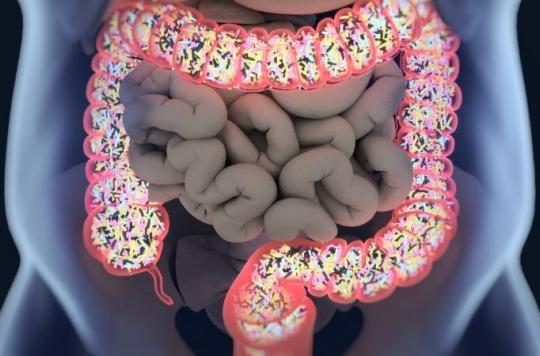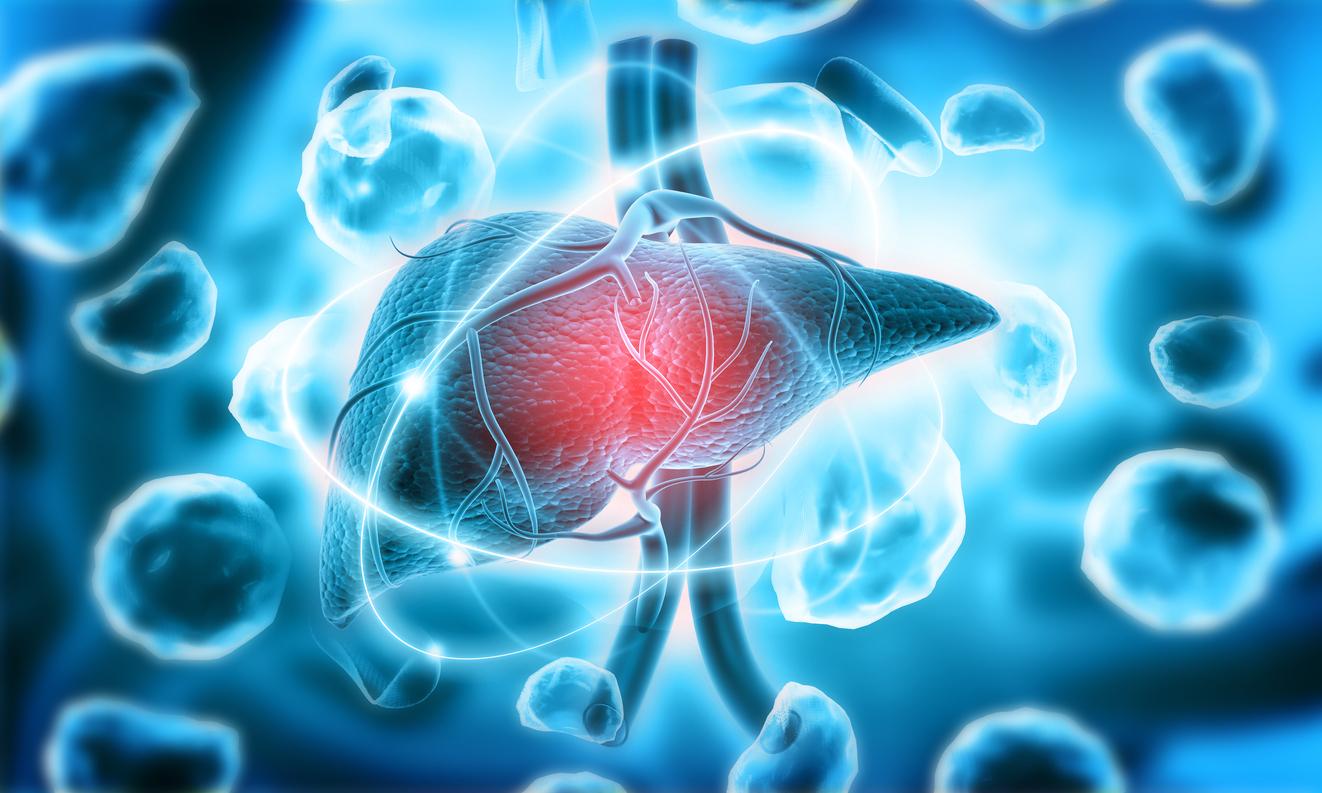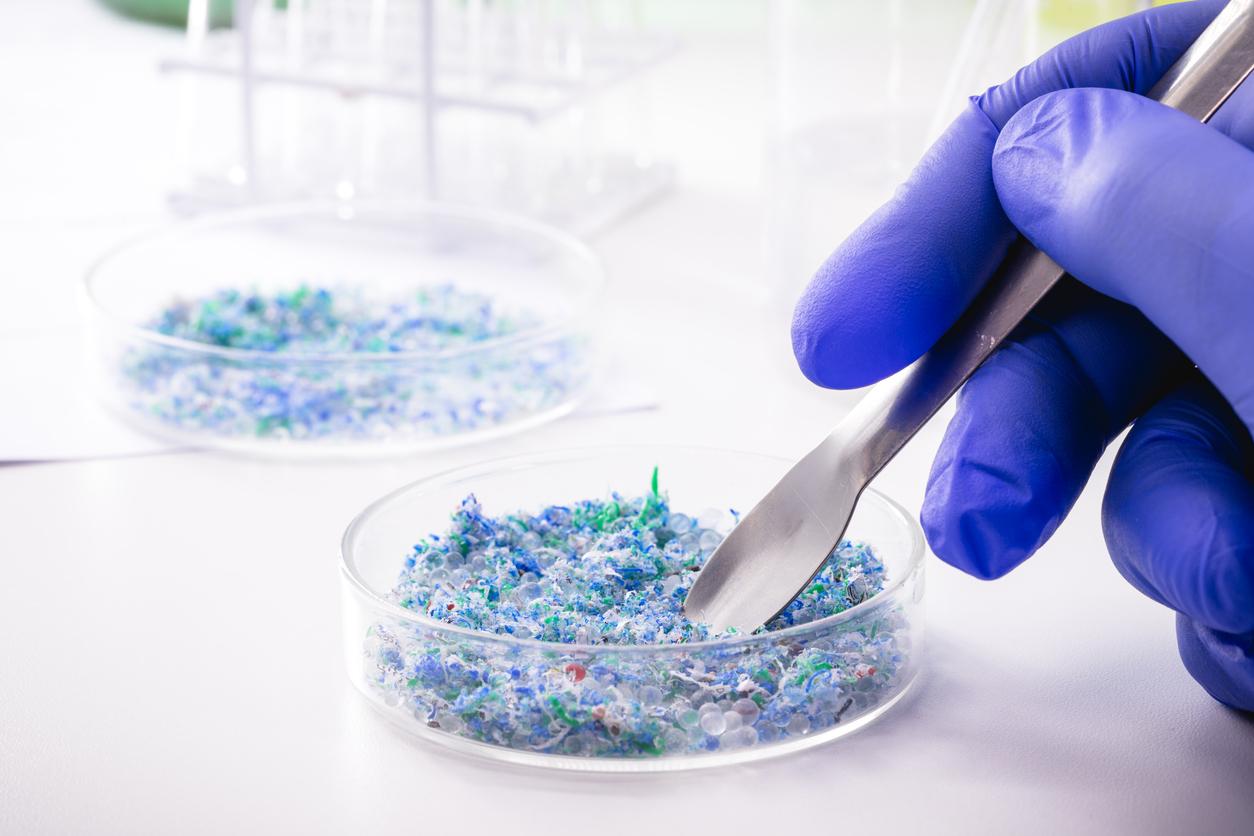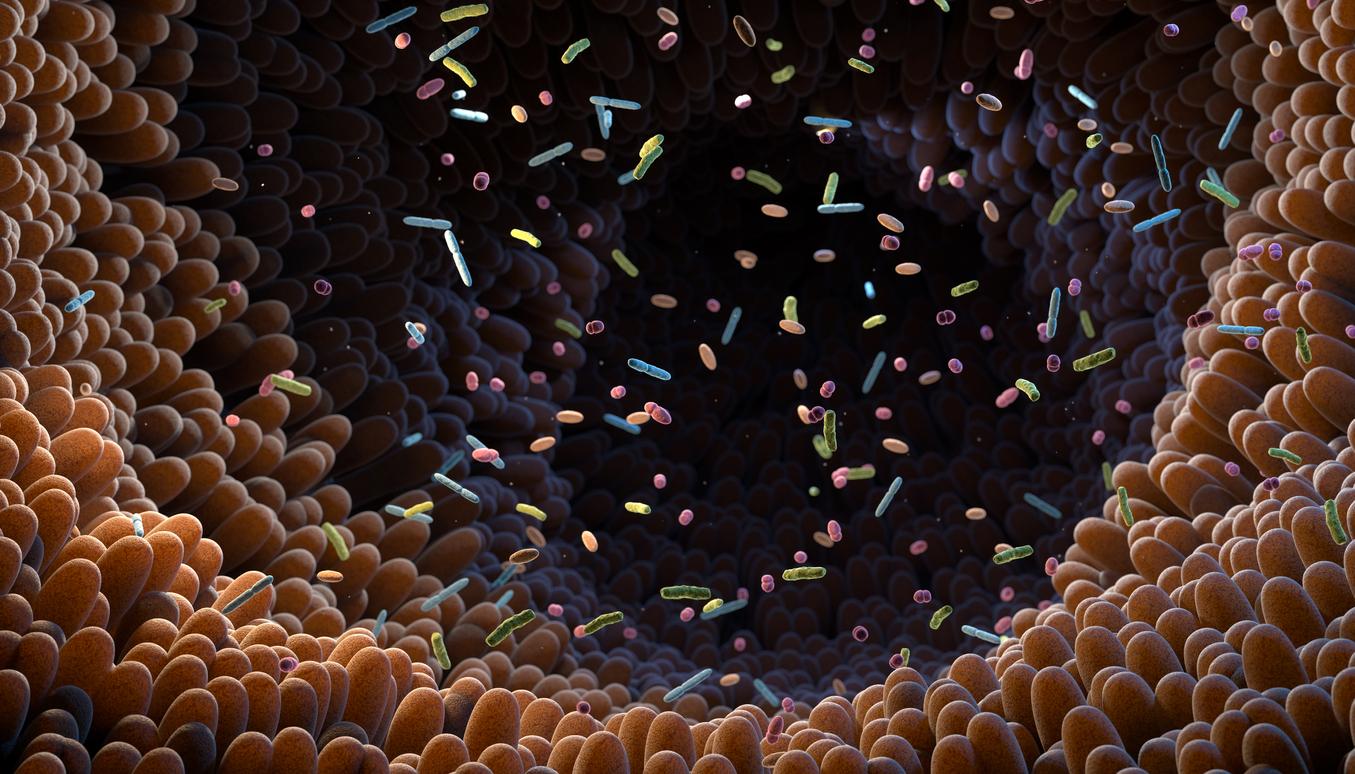The makeup of the gut microbiome is linked to the health of the arteries. Too low a diversity of bacteria increases the risk of arterial stiffness, according to a new study.

Taking care of your intestines is taking care of yourself! Inside of it is what is called the microbiome, made up of billions of bacteria. But this composition varies among humans, so we do not all have the same species of bacteria in the gut. They will, in all cases, help the body to fight against infections and diseases.
For some researchers, the microbiome actually functions as an organ in its own right. A new study published in the European Heart Journal demonstrates a link between poor microbiome health and the risk of arterial stiffness.
An inverted correlation between gut health and arterial stiffness
The study was conducted by researchers at the University of Nottingham and King’s College London. They relied on data from 617 binoculars, for which they measured arterial stiffness but also the composition of the intestinal microbiome.
For women who had a lower diversity of healthy bacteria in the gut, there were more cases of arterial stiffness. This stiffness can increase the risk of cardiovascular disease, but it can also be the first stage of atherosclerosis. The latter is linked to the appearance of atheromatous plaques in the wall of the arteries, which over time can cause blockage of the artery.
Bacteria specifically concerned
Also, they found that certain bacteria were directly linked to a reduced risk of arterial stiffness, in particular those of the family of Ruminococcaceae. These bacteria are already known, their presence would indeed be associated with a reduced risk of obesity. Researchers at the University of Chicago have identified a link in mice between the presence of Bifidobacteriacaea and Bacteriodacaea and thinness.
These results could help, according to the researchers, to explain the cases of cardiovascular disease misunderstood until now. Those who are not affected by the usual risk factors could actually be related to the gut health of patients.
To reduce these risks, it is above all necessary to adopt good eating habits, thanks to the consumption of fiber in particular, which is good for the microbiome. Because according to a study, if the composition of the microbiome is linked to genetics, its health is largely linked to what we ingest.
.















